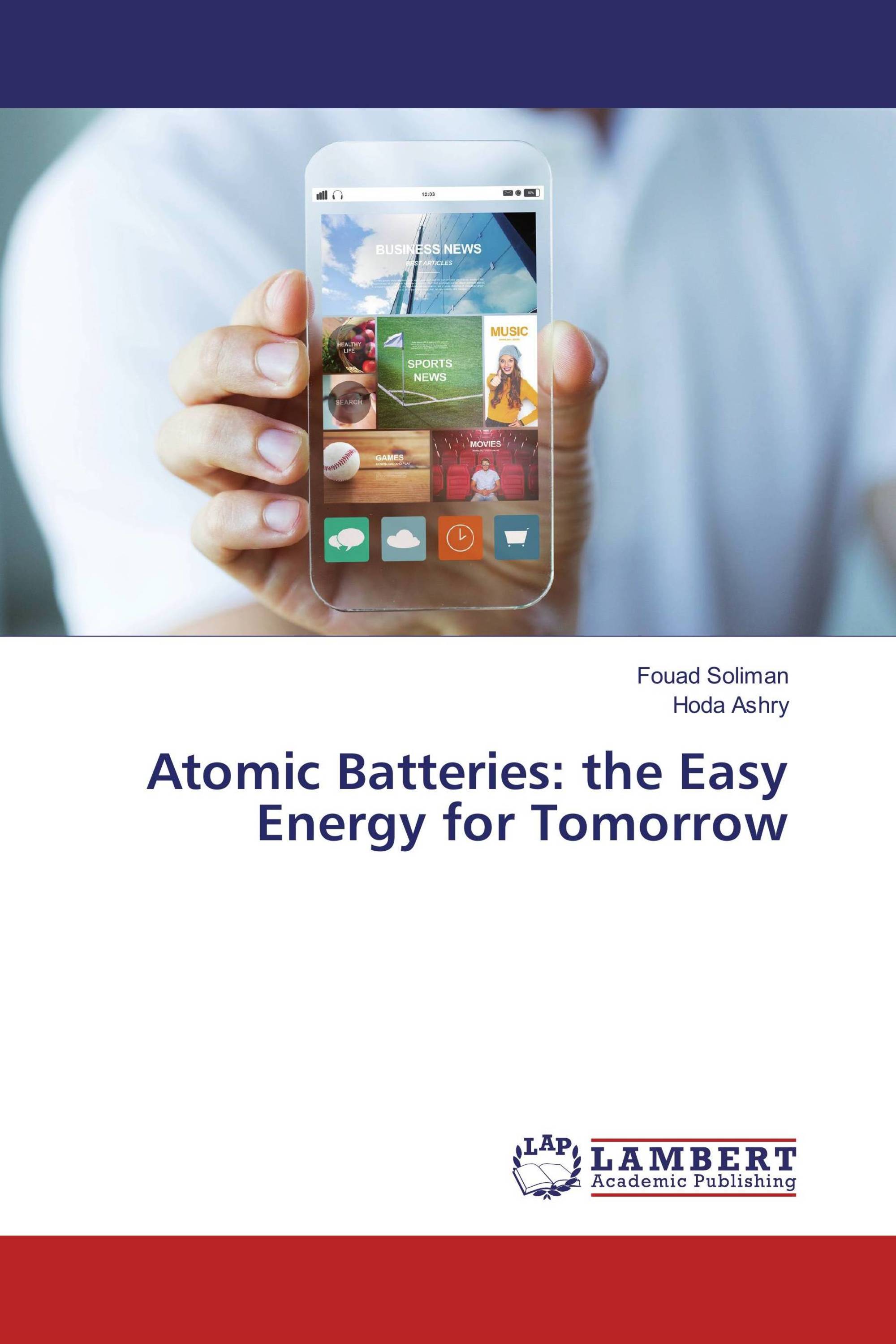The terms atomic battery, nuclear battery, tritium battery and radioisotope generator are used to describe a device which uses energy from the decay of aradioactive isotope to generate electricity. Like nuclear reactors, they generate electricity from atomic energy, but differ in that they do not use a chain reaction. Compared to other batteries they are very costly, but have an extremely long life and high energy density, and so they are mainly used as power sources for equipment that must operate unattended for long periods of time, such as spacecraft, pacemakers, underwater systems and automated scientific stations in remote parts of the world. Nuclear battery technology began in 1913, when Henry Moseley first demonstrated the beta cell. The field received considerable in-depth research attention for applications requiring long-life power sources for space needs during the 1950s and 1960s. In 1954 RCA researched a small atomic battery for small radio receivers and hearing aids. Since RCA's initial research and development in the early 1950s, many types and methods have been designed to extract electrical energy from nuclear sources.
Book Details: |
|
|
ISBN-13: |
978-3-330-35308-4 |
|
ISBN-10: |
3330353082 |
|
EAN: |
9783330353084 |
|
Book language: |
English |
|
By (author) : |
Fouad Soliman |
|
Number of pages: |
144 |
|
Published on: |
2017-07-13 |
|
Category: |
Technology |
